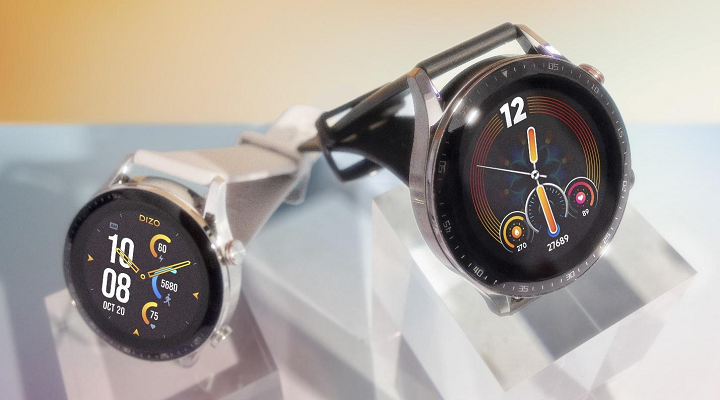The smart wearables sector is rapidly advancing around the world, and India is no exception. Its effects are even more pronounced in this market, as a large population of the country is transitioning into an aspirational class. A record 24 million units of wearable devices were shipped during the second quarter of this year, including consumer products like earphones, fitness bands and smartwatches. This must be music to the ears of retailers, given the plummeting demand for mobile handsets and
nd appliances due to high retail inflation.
While the overall demand for devices remains tepid, given the sluggish economic scenario, the smart wearables category has escaped the trend. And retailers are doling out package and bundle offers – such as smartphones along with wearable devices – to boost demand.
Robust growth
According to global market research agency International Data Corporation (IDC), growth of the smart wearables market in the last quarter was up 113 per cent year on year, thanks to aggressive marketing campaigns, heavy discounts, low average selling prices and consumers’ desire to experiment with devices.
Smartwatches are the fastest-growing category, driven by consumers – particularly Gen Z and millennials – upgrading from smartbands. The demand for smartwatches has already moved beyond urban centres to smaller cities and towns across India.
Source: Dizo
“Brands continue to compete on lowering the price points which ensured healthy growth in the first half of 2022. In addition to the affordability, the features earlier available at mid/high price points such as Bluetooth calling, bigger screen sizes, and AMOLED displays are getting introduced at lower price points. This is attracting both first-time users and upgraders,“ said Upasana Joshi, IDC India’s research manager for client devices.
The pandemic-forced lockdowns also propelled the upsurge in demand for smart wearables, since people were compelled to stay indoors and to look for alternative entertainment and health-monitoring options.
“The pandemic became a catalyst for smart wearables in India. One of the key reasons is increased health-related concerns in the wake of the pandemic and consumers adopting a healthier lifestyle,” Joshi told Inside Retail.
“Further, with increased remote work and learning, the demand for wireless audio devices increased. Lastly, the affordability factor associated with these devices has only amped up the growth,” she added.
Promising potential
Globally, the wearable devices market was estimated to be worth $20.1 billion last year and is forecast to reach about $123 billion by 2028, as per the projection of the business consulting firm Global Market Vision. The scenario is no different in India and similar bullish forecasts are reported.
Across various product categories, India has been witnessing increasing production and assembly activities – a healthy sign to indicate that the companies are betting big on the market.
The federal government’s industry-friendly policies such as Make in India, Skill India, Digital India, and Startup India – each offering a set of incentives and subsidies – have also attracted the companies.
“Awareness among consumers related to smart wearables has now reached semi-urban and rural areas in India. IDC expects the market to grow by double-digits with record shipments of more than 90 million in 2022. The untapped potential is still very huge, considering these wearable devices to be a subset of smartphones in India (with an installed base of more than 500-550 million),” Joshi added.
From $37 billion in 2015-16 to $67 billion in 2020-21, the market for electronics manufacturing in India has come a long way. On top of that, the stakeholders in the country are aiming to retail the locally produced and assembled products to the world.
Multiple exclusive start-ups have been launched in recent years selling smart wearables and several established companies are also trying to gain a foothold in the booming sector.
Dizo is one such fast-growing consumer tech brand. With a presence in many countries, Dizo is among the host of start-ups racing to capture a larger share of the consumer tech retail pie.
“We’re trying to build a smart tech life for every device,” Dizos’ CEO Abilash Panda told Inside Retail.
“Keeping the smartphone as the hub, we’re developing an entire ecosystem with innovative IoT [internet of things] devices around it. In other words, it is simply the democratisation of technology,” said Panda.
What began as online retail with the e-commerce giant Flipkart, Dizo’s journey has also moved offline. Through partnerships with top retail outlets such as Sangeetha Mobiles, Croma, Reliance Digital, and Vijay Sales, it is powering up its pan-India presence.
Dizo reached a million consumers in its first five months – underscoring the potential of the Indian consumer technology market in India.

